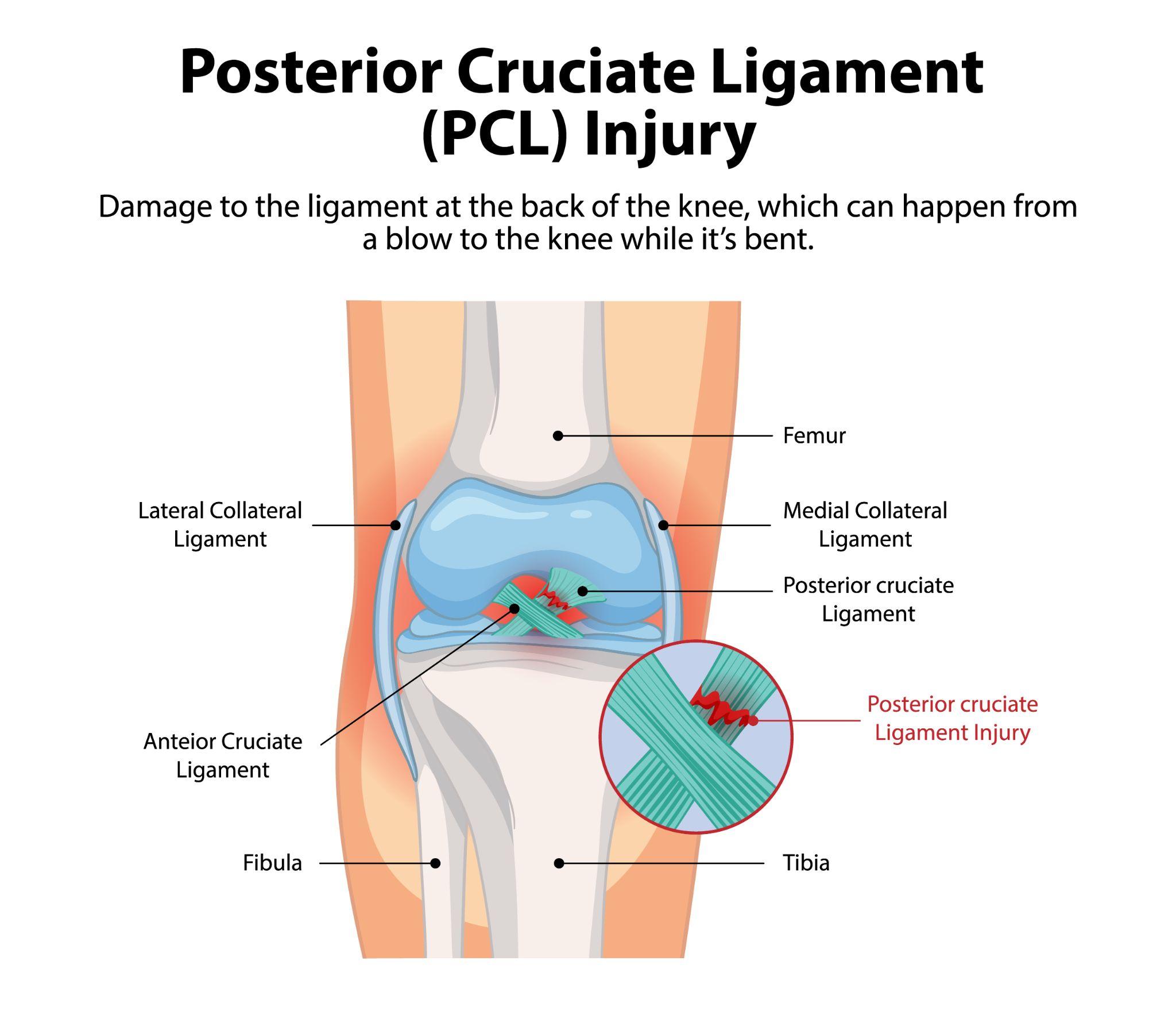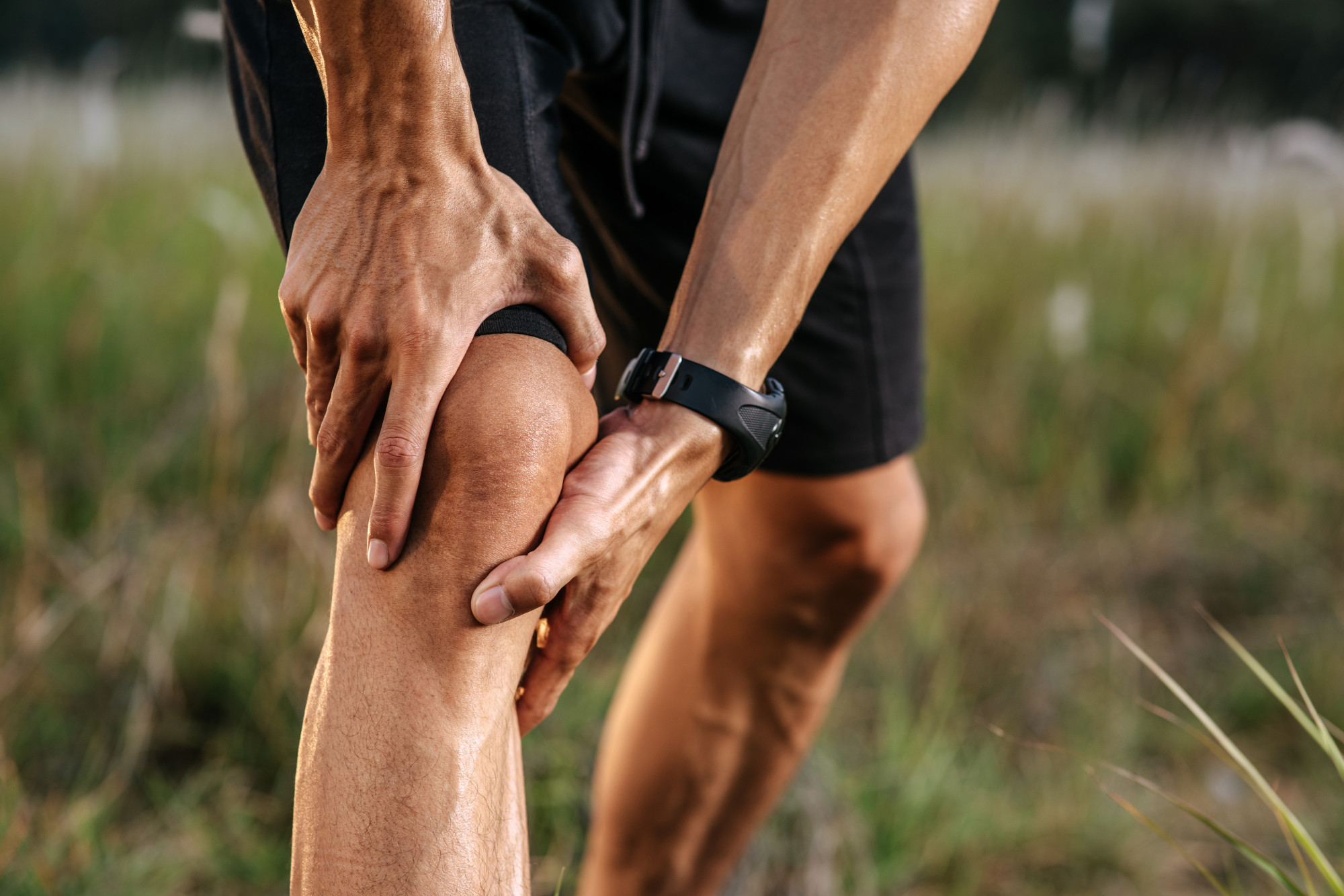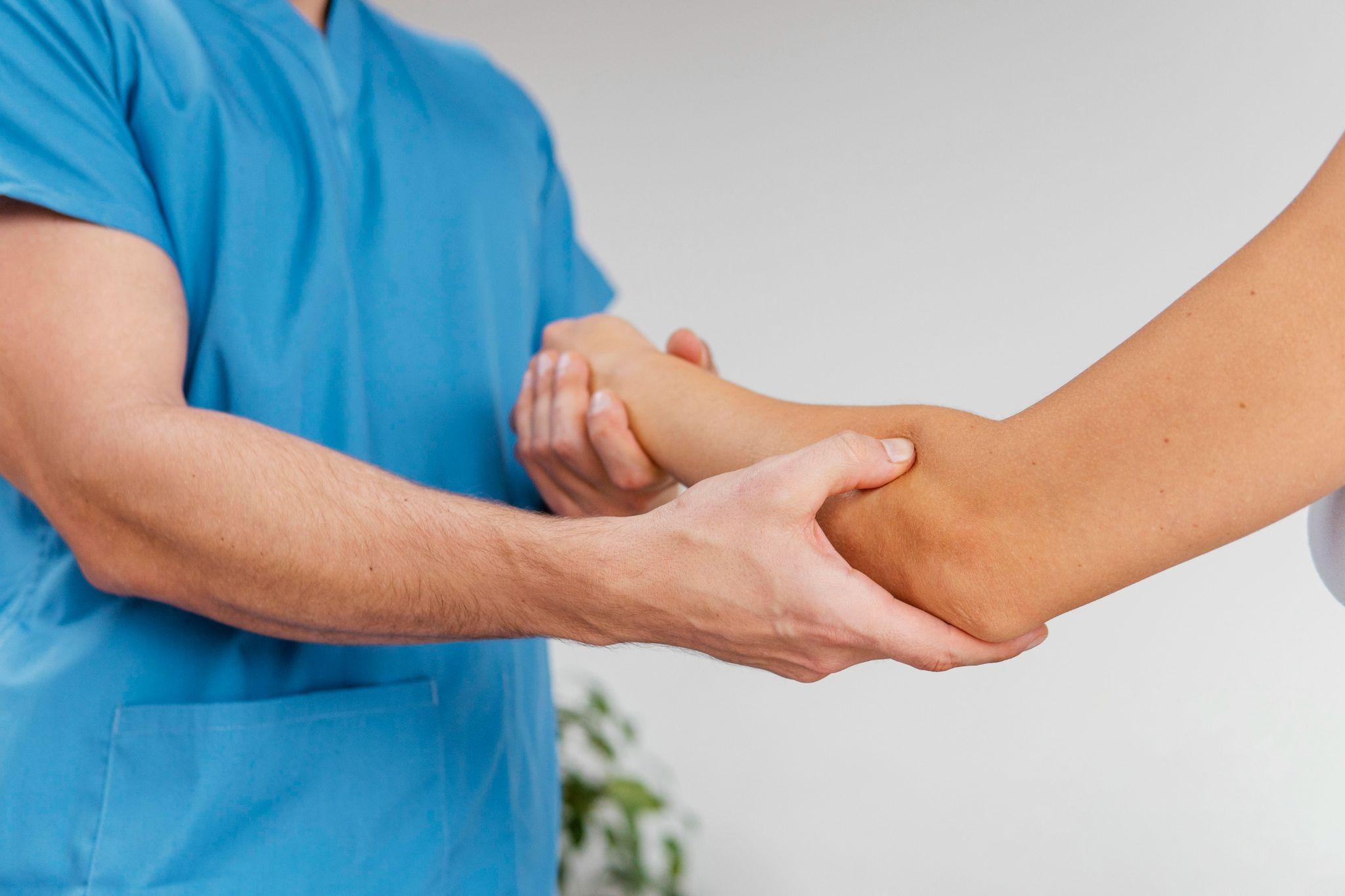Recovery Nutrition: Foods That Promote Bone and Joint Healing
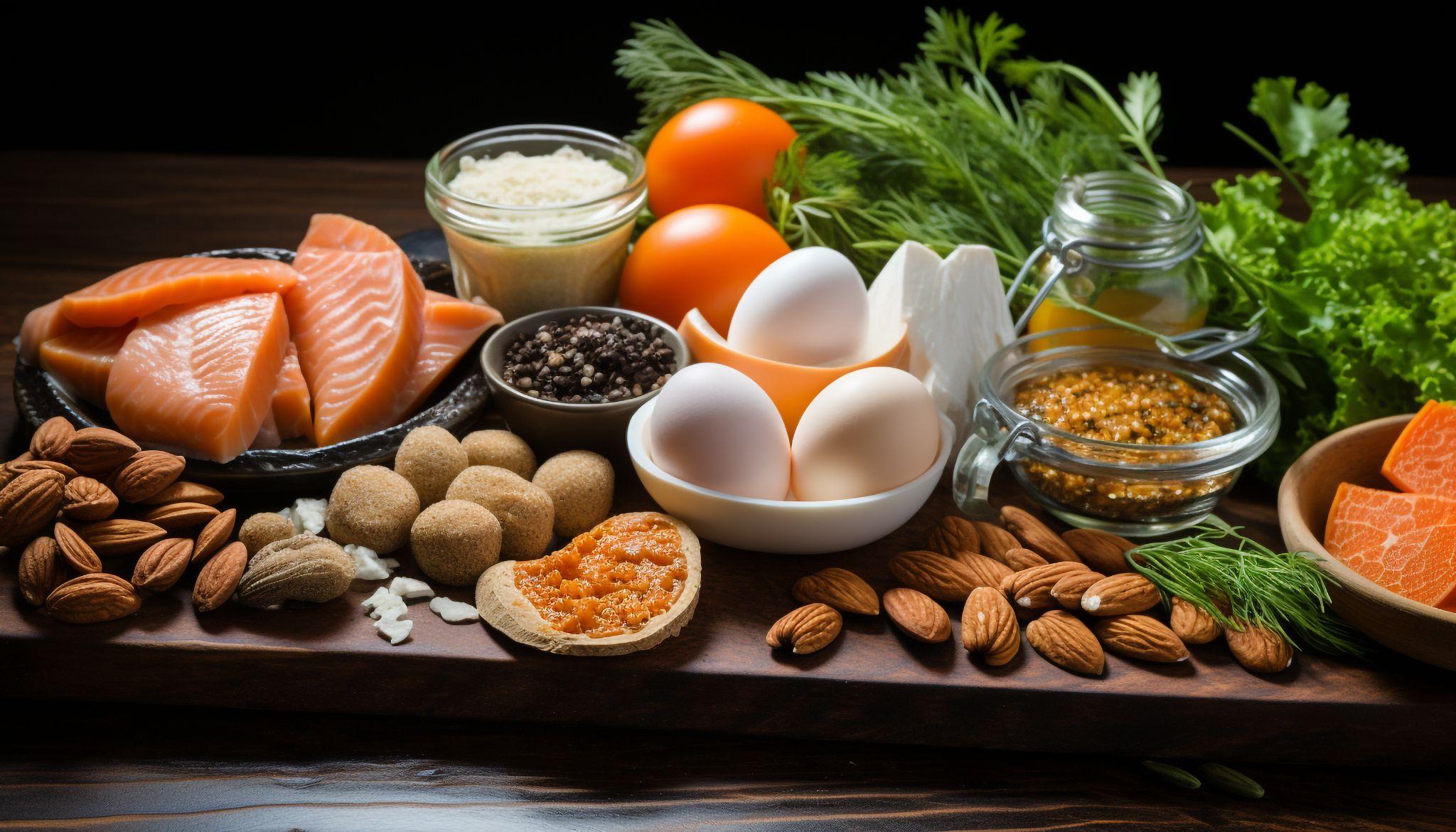
As your body heals from an injury, fracture, or joint replacement, it works to repair damaged tissue, reduce swelling, and restore strength. Planning during this period to consume food as beneficial as taking drugs or physical therapy is referred to as recovery nutrition, feeding your body with foods that allow for faster and more complete healing.
Certain foods rich in calcium, protein, vitamins, and anti-inflammatory substances are essential in the strengthening of bones, repair of ligaments, and upkeep of healthy joints. Whether you have a broken bone, a ligament tear, or orthopedic surgery, an appropriate diet can help you recover more quickly, feel stronger sooner, and return to everyday life sooner.
Why Nutrition Is Important in Joint and Bone Healing
Food is not just for filling your stomach; it provides your body with the raw materials it requires to mend. When bones fracture or joints get hurt, your body undergoes an inflammation, tissue repair, and remodeling process. All of this takes some added help from specific nutrients.
If your diet is not rich in essential vitamins or minerals, your healing will be slow, and you may feel greater pain or stiffness. Conversely, consuming wholesome foods provides your body with the energy it requires to heal well.
Some foods tend to decrease inflammation, which is among the main reasons for joint pain and slowed healing. An anti-inflammatory, healthy diet can also reduce your reliance on painkillers and increase general joint function.
Most Important Nutrients for Healing Bones and Joints

Your body requires the proper type of food to recover faster and give you fuel for a full day.
1. Protein
Protein repairs broken-down tissues and creates new muscle following an injury. It is particularly vital following surgeries or bone breaks.
Protein can be found in:
- Eggs
- Chicken
- Fish (such as tuna and salmon)
- Lentils and beans
- Milk, paneer, and yogurt
2. Calcium
Calcium is the primary mineral in bones. Without sufficient calcium, your bones can't heal or remain strong.
Calcium can be found in:
- Milk and yogurt
- Cheese
- Tofu
- Leafy greens such as spinach, kale, and fenugreek (methi)
3. Vitamin
Vitamin D helps your body absorb calcium. Without vitamins, even when you consume calcium-rich foods, your bones will not become stronger.
Vitamins can be found in:
- Sunlight (early morning exposure is optimal)
- Fortified milk
- Eggs
- Fatty fish such as mackerel, sardines, and salmon
4. Vitamin C
Vitamin C increases collagen synthesis, a protein your body uses to repair skin, tendons, ligaments, and bones.
Vitamin C can be found in:
- Oranges, lemons, and limes
- Strawberries
- Kiwi
- Bell peppers (capsicum)
- Tomatoes and amla (Indian gooseberry)
5. Omega-3 Fatty Acids
Omega-3 fatty acids lower swelling and pain in the joints. They also maintain joint flexibility and prevent stiffness.
Omega-3 Fatty acids can be found in
- Fish (particularly salmon, sardines, and mackerel)
- Flaxseeds and chia seeds
- Walnuts
- Fish oil supplements (ask your doctor first)
6. Magnesium
Magnesium helps bone density and causes muscles to relax and recover from injury. Magnesium helps your nervous system to calm down and helps regulate melatonin, which is responsible for sleep.
Magnesium can be found in:
- Almonds and cashews
- Pumpkin and sunflower seeds
- Whole grains such as oats and brown rice
- Spinach and other dark green vegetables
7. Zinc
Zinc is required for healing wounds and enhancing your immune system, which fights off infections during healing. It helps your skin heal fast after cuts, burns, or some injury.
Zinc can be found in:
- Red meat
- Lentils and beans
- Dairy products
- Pumpkin seeds and sesame seeds
Foods to Avoid When Recovering
Just like there are certain foods that speed up healing, some foods hinder it or even make the inflammation worse.
- Processed and fried foods: They raise inflammation and slow down tissue repair.
- Sugary foods and beverages: Excessive sugar compromises the immune system and promotes more swelling in joints.
- Excess salt: Leads to calcium loss from the body and weakened bones.
- Alcohol and smoking: They retard bone healing and increase the chances of complications due to surgery.
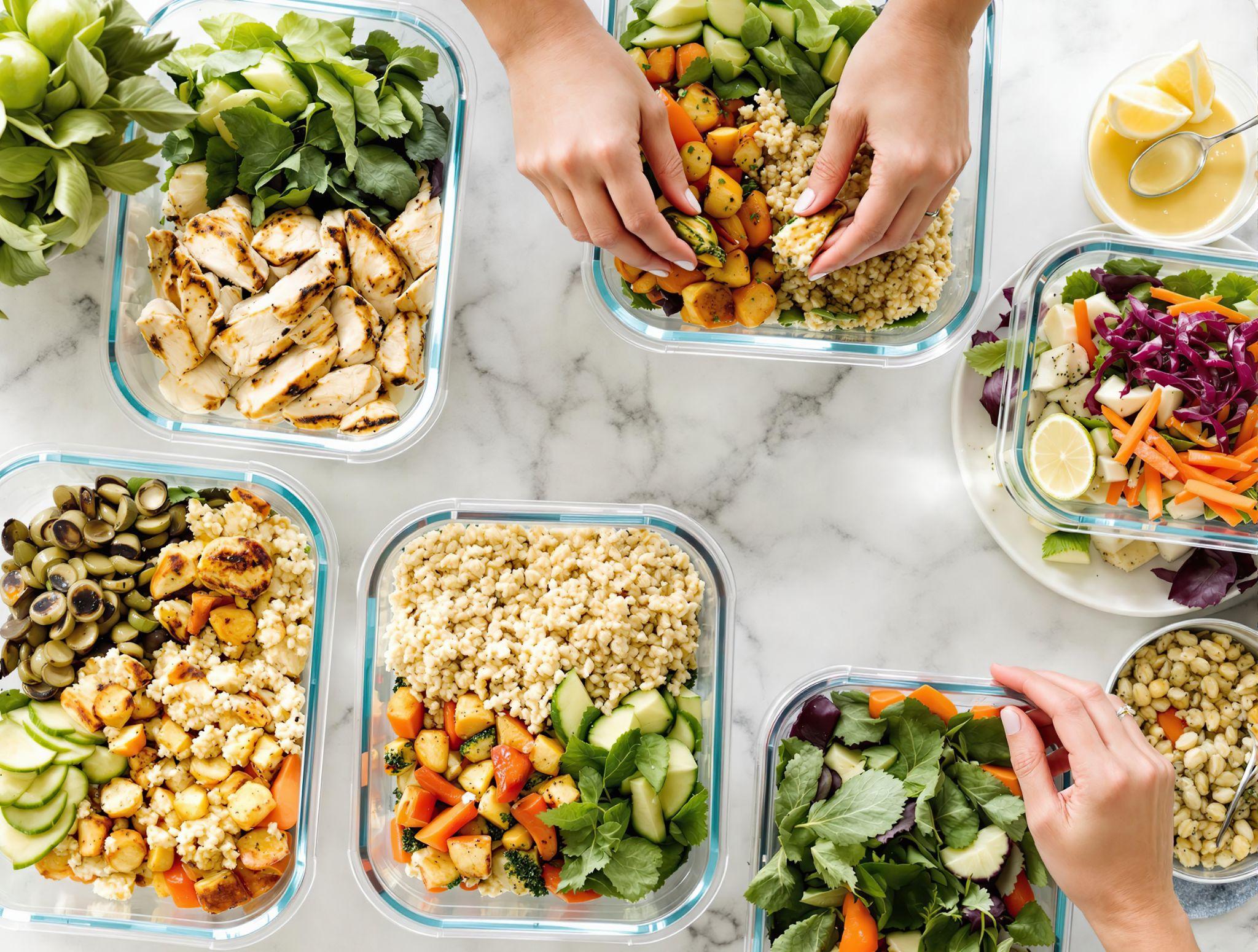
Sample Meal Ideas for Recovery
Make a healthy breakfast for Bone Strength.
- Oat with milk, nuts, and sliced banana
- Boiled eggs or paneer bhurji
- A glass of fortified orange juice or lassi
- Add a handful of walnuts or flaxseeds
- Protein-Rich Lunch and Dinner
- Grilled/fried chicken/fish with brown rice and spinach sautéed
- Mixed dal with multigrain roti and fried vegetables
- Tofu curry with red rice and cucumber salad
- Bone broth soup (high in collagen and minerals)
- Snacks That Facilitate Healing
- Roasted chickpeas or sprouts
- Smoothie with yogurt, berries, and chia seeds
- Fruit bowl with vitamin C-loaded fruits such as orange, kiwi, and papaya
- A handful of almonds or pumpkin seeds
Hydration Tips
- Have a minimum of 7–8 glasses of water per day
- Add coconut water for added natural electrolytes
- Giving homemade bone broth is excellent for joint repair.
- Steer clear of fizzy beverages and bottled juices
VI. Tips for Making Recovery-Friendly Eating Easy
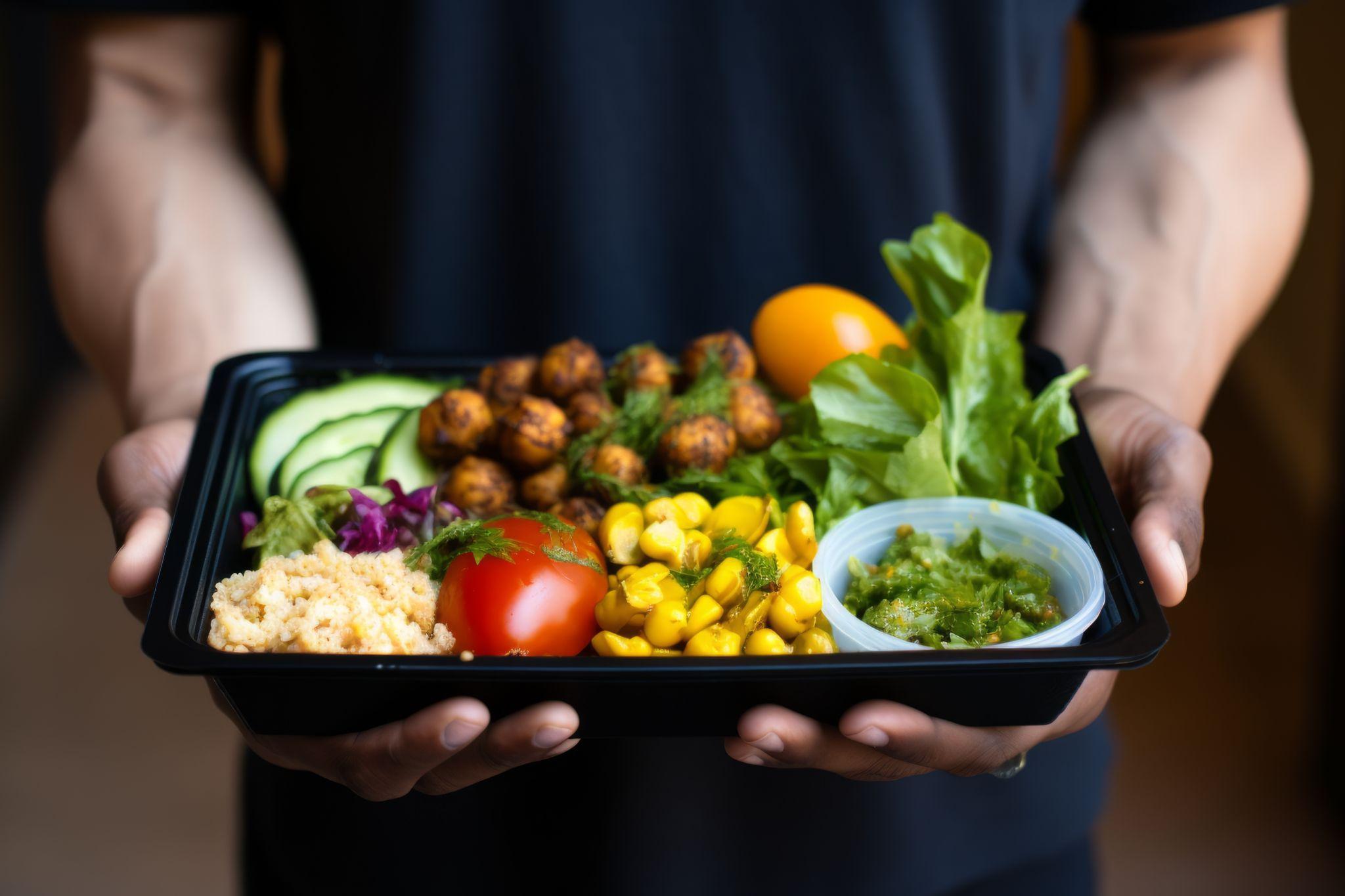
Meal Prep Ideas
Preparing your meals ahead of time can make recovery eating much simpler. Here are some suggestions:
- Bulk cooking: Prepare excess portions of dal, rice, or soup to be reheated.
- Pre-chopped vegetables: Chop vegetables in bulk and keep them in airtight containers for instant use.
- Prepare smoothies in advance: Mix fruits and yogurt, refrigerate for an instant snack.
- Boiled eggs and soaked nuts: Convenient to pick up and high in protein.
Taking a bit of time once or twice a week to prepare your meals can spare you a lot of effort when you are tired or in pain.
2. What to Store in Your Kitchen
Having the right food stored in your kitchen ensures you always have something healthy to eat.
Healthy kitchen staples like brown rice, oats, whole wheat flour, lentils (moong, masoor, chana dal), nuts and seeds (almonds, walnuts, flaxseeds, chia)
Fridge staples like Milk, yogurt, paneer, Eggs, Fresh fruits (oranges, bananas, berries), Leafy greens (spinach, methi, kale)
Freezer-friendly foods like Homemade bone broth, cooked and frozen dal or sabzi, Frozen mixed vegetables for quick stir-fry. Having these staples makes cooking healing foods a cinch, even on a low-energy or busy day.
Consult a Dietitian or Doctor First
It's a good idea to speak with your doctor or registered dietitian before making significant changes in your diet. They can assist you in selecting appropriate foods according to your condition. Dietitians can recommend supplements when you are deficient in some nutrients. Make sure that your diet aligns with your recovery requirements and other ailments. Expert advice ensures you are on the right path to quicker healing.
Conclusion
Your body requires the proper type of fuel in order to heal properly after surgery or an injury. That's why food has such an essential role in bone and joint healing. From calcium and protein to vitamin C and omega-3s, the nutrients in your meals can accelerate healing, ease pain, and enhance your strength. Healthy eating doesn't need to be difficult; a few easy adjustments and planning can work wonders. Steer clear of junk foods, eat fresh, colorful meals, and drink plenty of water.
Keep in mind, healing does not happen instantly. When you eat the proper foods, you assist your body in healing quickly and feeling better sooner.
Frequently Asked Questions(FAQs)
1. What are the best foods to aid bone and joint recovery after injury or surgery?
The foods most beneficial for healing are high-protein, rich in calcium, rich in vitamin D, high in omega-3 fatty acids, and high in zinc. They are eggs, leafy greens, milk, fish, nuts, and seeds that heal tissues, reduce inflammation, and speed up healing.
2. How does nutrition aid in bone healing following a fracture or surgery?
Proper nutrition provides your body with the necessary nutrients it needs to heal broken bones, fortify joints, and reduce swelling. Lacking enough basic vitamins and minerals, healing is delayed and more painful.
3. What are the foods that should be avoided during recovery from bone or joint fractures?
Steer clear of processed foods, fried foods, sugary beverages, high salt intake, alcohol, and smoking. These can promote inflammation, weaken bones, and slow down healing dramatically.
4. Is protein necessary for bone surgery or fracture healing?
Yes, since it heals damaged tissue and develops new muscle. Chicken, paneer, fish, eggs, and legumes are good to eat for quicker healing and regaining strength.
5. How can I menu-plan for my body to heal from injury or joint replacement?
Plan meals with dairy containing high levels of calcium, protein foods, leafy greens, fruits rich in vitamin C, and whole grains. Ahead-of-time preparation, storing healthy staples, and including between-meals like nuts or smoothies can speed recovery.
6. Should I supplement with bone and joint recovery?
You might need supplements like vitamin D, calcium, or zinc if these are lacking in your diet. Always consult a doctor or dietician before starting supplements to ensure they are appropriate for your recovery needs.

